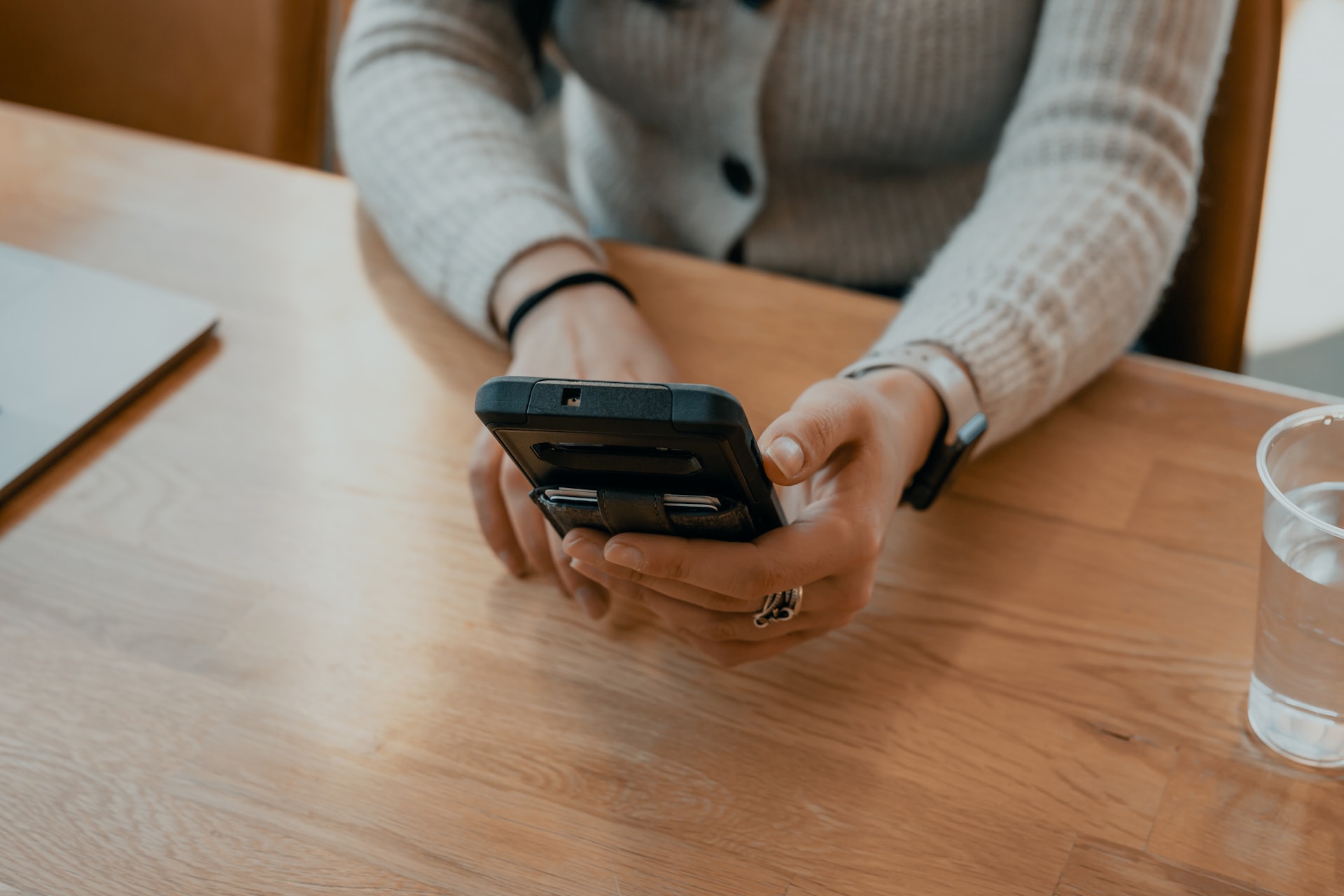What Should You Do If You Receive a Scam Call?
Scam calls have become an increasingly prevalent issue in recent years, with fraudsters using various methods to deceive people and gain access to their personal information, money or even their identity. While authorities and telecommunications companies are working to combat this growing problem, it is essential for individuals to stay informed and take precautionary measures to protect themselves. In this blog, we will explore what you should do if you receive a scam call and how to prevent future attempts.
Recognising a Scam Call
The first step in dealing with scam calls is to identify them. This can sometimes be a challenge, as scammers have become more sophisticated in their tactics. However, some common red flags include:
- Unsolicited calls from unknown numbers
- The caller claims to be from a reputable organisation but is unable to provide legitimate contact details
- The caller asks for sensitive information, such as bank details or passwords
- There is a sense of urgency or pressure to act immediately
If you find yourself wondering, “who called me?” and suspect that it might be a scam call, it’s important to trust your instincts and proceed with caution.
What to Do If You Receive a Scam Call
Scammers often rely on fear and panic to make their victims act impulsively. It is essential to stay calm and maintain control over the situation. This will give you the opportunity to think clearly and make better decisions.
Do not provide personal information
Never give out sensitive information, such as your bank details, passwords, or National Insurance number, over the phone to an unverified source. Genuine organisations will never ask for this information during an unsolicited call.
Hang up and do not engage
If you suspect that you have received a scam call, the best course of action is to hang up immediately. Do not engage in conversation with the caller or attempt to call the number back. Scammers may use this opportunity to obtain more information about you or persuade you to take harmful actions.
Verify the caller’s identity
If you are uncertain about the legitimacy of the call, take steps to verify the caller’s identity before proceeding. You can do this by contacting the organisation they claim to represent through their official channels, such as a customer service number or email address listed on their website. It is important to search for these contact details independently and not rely on information provided by the caller.
Report the scam call
Once you have confirmed that the call was a scam, it is important to report it to the relevant authorities. In the UK, you can report scam calls to Action Fraud, the national fraud and cybercrime reporting centre. By doing this, you will help authorities track and combat these fraudulent activities.
Block the number
To prevent further calls from the same number, consider blocking it on your phone. Most smartphones have built-in features that allow you to block specific numbers easily. This can help reduce the risk of receiving additional scam calls in the future.

